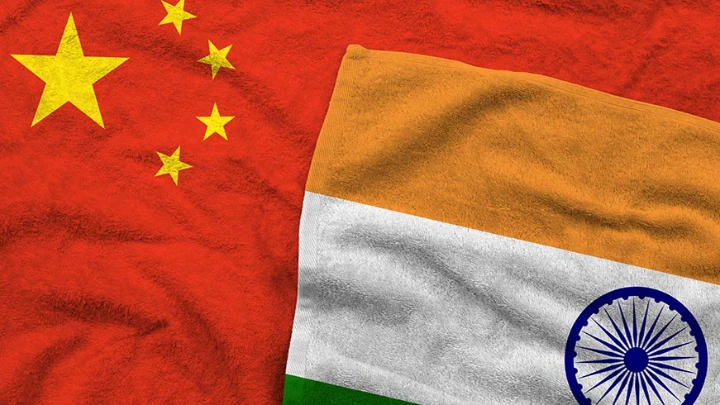The Sino-Indian agreement on patrolling arrangements in eastern Ladakh is a significant achievement for New Delhi. From the outset of the Chinese actions of 2020—the establishment of blockades at six points and massing troops on the border—India has sought to deal with the situation in a measured manner. On the one hand, it confronted the Chinese at the blockade points and also amassed troops on the border, signifying a defensive rather than offensive intent. On the other hand, it pressed Beijing through firm and steady diplomacy to roll back its action.
In this way, and by applying military pressure by occupying the Kailash heights overlooking Spanggur Tso, New Delhi managed to resolve four of the six blockade points by July 2022. These points were transformed into buffer zones, where neither side would patrol. Two blockades, in the Depsang Bulge and the Charding Nala in Demchok, proved more difficult. For two years, talks between military and civilian officials did not yield any results. Then suddenly, a few months ago, things changed, and after a flurry of diplomacy, we have a settlement that goes well beyond the deals that had been arrived at on the other blockade points.
Statements from officials in New Delhi last week signalled that China and India have managed to resolve the issue of the Depsang Bulge and the Charding Nala.
Statements from officials in New Delhi last week signalled that China and India have managed to resolve the issue of the Depsang Bulge and the Charding Nala. The deal announced on 21 October appears to be a multi-layered one which is likely to be rolled out in various phases. As a first step, External Affairs Minister S Jaishankar, during a summit in New Delhi, said that “the disengagement process with China has been completed”. This has been followed by what Foreign Secretary Vikram Misri announced at a briefing—“an agreement has been arrived at on patrolling arrangements along the line of actual control in the India-China border areas.” Both said that through this deal, the situation that had arisen in 2020 in eastern Ladakh had been resolved.




